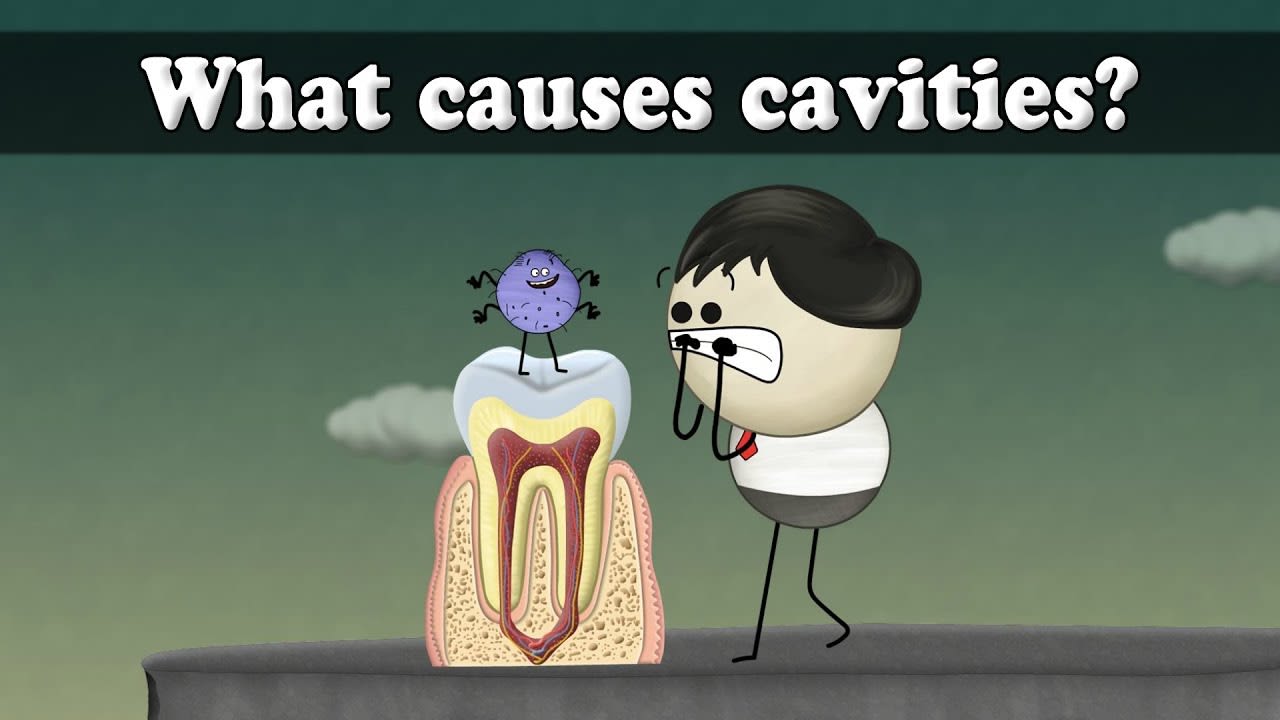 02 Jan 2019
02 Jan 2019
Your Baby’s Teeth are important for
- Eating
- Speaking
- Holding space for the permanent teeth
- Smiling
How Kids Get Cavities
- TheChild eats sugary starchy, or sticky foods that feed the germs
- The teeth are not cleaned everyday
- The child has a habit of sleeping with a bottle or sippy with milk or juice in it.
Prevention and Care
Prevention of dental caries in children can be accomplished with:
- Parent
- Professional help
Both are equally essential for preventing And maintaining a good oral health Of your child.
Prevention starts from you the parent
Develop healthy brushing and eating habits in your child from the very beginning.
You are the role models for your Children.
They would follow the best What you do.
Want Cavity Free Kids? – Here Are Some Rules:
- As soon as the first tooth appears, start Brushing your baby’s teeth in the morning and at bed time with a Fluoride toothpaste.
- Do not put your baby at naptime or at night with a bottle or Sipper cup, unless it has only water in it.
- Snacks like cheese, yogurt, fruit and veggies Are better for your child’s teeth than chips, crackers and cereals.
- Adding extra water to fruit juice is better for your child’s teeth. Make it habit to rinse the mouth with water after every meal.
- You and your child should visit the dentist on a regular basis/ as often as your dentist recommends
For Infants:(up to 3years)
- Your infant depends totally on you for dental care
- Begin cleaning the baby’s mouth during the first few days after birth.
- After every feeding, wipe the baby’s mouth, tongue, cheeks and gums with a damp soft cloth or a gauze pad.
- TAKE YOUR CHILD TO SEE A DENTIST BEFORE HIS FIRST BIRTHDAY
Just wrap a damp washcloth or a gauze around the index finger and wipe your child’s mouth as illustrated
For Toddlers
- A child needs an adult’s help in brushing their teeth until they are about 8yrs old.
- Select an appropriate toothbrush or ask your dentist to recommend one.There are a variety of types available. A soft one should be used.
- Replace a toothbrush every 3months
- Brushing Removes plaque and debris from the outer surface, inner and chewing surface of the tooth.
- Children under six years of age should brush their teeth with a small pea sized amount of fluoride toothpaste.
- Flossing should also be done regularly after all the permanent teeth have erupted (2-2 1/2 yrs).
- Flossing removes the plaque that hides between the teeth and under the gum line, area where a tooth brush cannot reach.
- Your dentist should guide you about the appropriate methods of brushing and flossing.
A good oral hygiene will lead to a balanced environment and prevent acid formation.fluorides make the teeth strong by preventing effects of acid.
